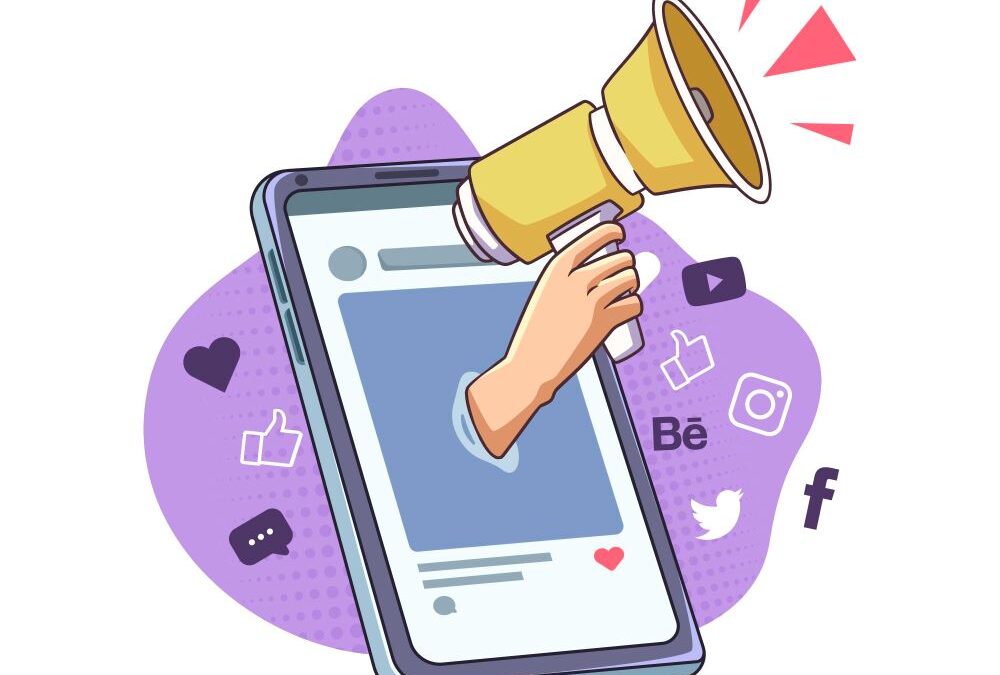By 2025, digital marketing has evolved into a way of life rather than only a commercial tactic. Digital marketing is quietly affecting people’s choices, purchases, and habits from the minute they turn on their cellphones in the morning until they use social media or streaming services to relax at night. Today’s marketing strategy is more effective, responsive, and personalized than ever before as it is integrated into everyday necessities.
How Digital Marketing Supports Daily Needs
- Personalized Shopping Experiences
Digital marketing algorithms track preferences, behaviors, and habits to:
- Suggest daily essentials based on shopping history
- Offer promotions for groceries, household items, and clothing
- Enable one-click purchases through targeted ads or app notifications
Customers no longer have to search hard for what they need—relevant products come to them.
- Smart Recommendations for Services
Whether it’s finding a local plumber, ordering takeout, or booking a fitness class, digital marketing:
- Uses geo-targeting to show nearby options
- Promotes time-sensitive deals and services through social media and emails
- Enhances customer trust with reviews and ratings
This saves users time and helps them make better, quicker decisions.
- Everyday Content That Educates and Engages
Brands now provide value beyond just selling:
- Tutorials, blogs, and short videos help users make informed choices
- Health tips, recipes, or financial advice are integrated into product content
- Influencers and brand ambassadors promote lifestyle alignment, not just goods
This turns marketing into a form of learning and daily interaction.
- Convenience Through Automation
Digital marketing integrates with tools and apps that streamline daily routines:
- Subscriptions remind users to restock essentials (like vitamins or pet food)
- Automated emails and messages offer helpful reminders and reorder links
- Loyalty apps notify customers of rewards or store credits ready to use
This automation makes regular purchases feel effortless and smart.
- Real-Time Engagement and Support
Modern digital platforms allow instant communication:
- Chatbots answer questions or provide recommendations 24/7
- Brands respond to feedback through comments and direct messages
- Real-time tracking of orders keeps customers informed at every step
This interactive element enhances customer experience and builds trust.
Challenges of Digital Marketing in Daily Life
While convenient, the ever-present nature of digital marketing comes with potential downsides:
- Overload and Ad Fatigue
- Users may feel bombarded by too many ads or pop-ups
- Personal data can be used excessively, making ads feel intrusive
- Privacy and Ethical Concerns
- Constant data tracking raises questions about how much companies know
- Some users feel uncomfortable with hyper-targeted marketing tactics
- Encouragement of Impulse Buying
- Personalized promotions can lead to unnecessary or spontaneous purchases
- Younger or less informed users may be especially vulnerable
Conclusion
Digital marketing in 2025 has evolved from simple advertisements to an intelligent system that enhances daily needs through personalization, convenience, and connection. When used responsibly, it empowers consumers to make smarter decisions and simplifies their routines. As the digital world continues to blend with real life, this approach will only grow more intuitive—serving daily needs while shaping the future of consumer experience.






